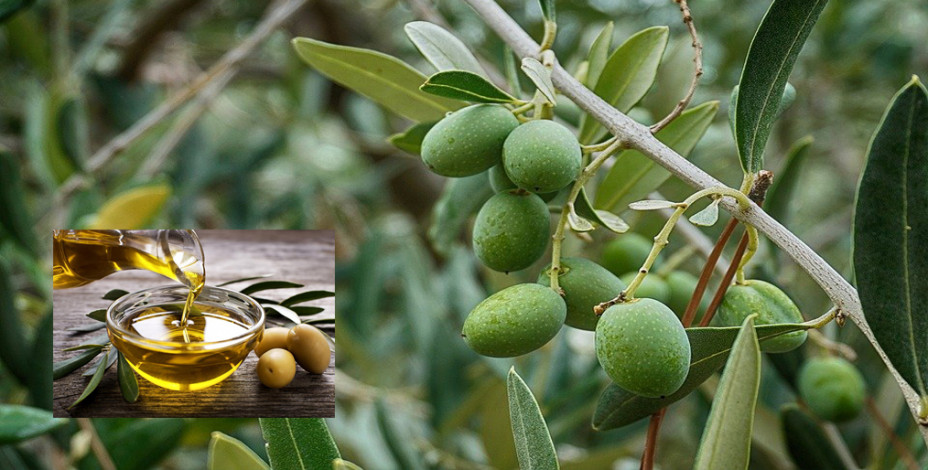
In order to improve the quantity and quality of olive yields, it has been suggested to heat the olives during the washing process, according to a recently Published study from Spanish researchers. Most olive growers store and send their olives in cold storage. Refrigeration of the cold storage slows down the growth of bacteria and helps to stop fermentation. It can be said, getting cold olives to a proper processing temperature can be challenging because of the narrow margin for error. Olive oil processing starts with milling that grinds the olives into a paste. The paste is then poured into a malaxer, where it is slowly churned or mixed. Malaxing brings oil drops together into larger droplets and helps improve yield. Warmer paste produces more olive oil during malaxation. However, this extra heat can lead to a breakdown in desirable polyphenols. The oil can also become oxidized, dramatically reducing its shelf life. Under European Union law, no olive oil labeled as “extra virgin” can be malaxed above 27 ºC. If the paste is too cold, the oil will suffer in terms of both yield and quality. Colder extractions produce fewer phenols that give extra virgin olive oil its smell, taste and health benefits. A 2019 Italian study found that oil from olives malaxed at 20 ºC contained 25-percent fewer phenols than olive oil from olives malaxed at 27 ºC. Typical approaches to this problem involve warming the olive paste. Ultrasound and microwave heaters and heat exchangers are available, but they require large investments in money, installation and energy consumption costs. Eddy Plasquy and José María García Martos, researchers at the department of biochemistry and molecular biology of plant products at the Spanish Instituto de la Grasa (Fat Institute), decided instead to warm the olives before they were crushed. Before crushing, the olives get washed in industrial tubs to remove dirt, chemicals and pesticides. The water used for washing these olives is typically 10 ºC to 12 ºC. Instead of cold water, Plasquy and Garcia soaked olives in heated industrial tubs ranging from 25 ºC to 40 ºC. The paste from crushed cold olives only reached temperatures between 12.1 ºC and 17.6 ºC during malaxation. Paste from olives soaked in hot water for 15 to 45 seconds consistently reached 27 ºC. Heated water tanks are far cheaper and more energy-efficient than the currently available solutions. Heating an olive mill’s wash bins is also far simpler than shutting down a production line to install new equipment. Source: Online/GFMM
Comment Now